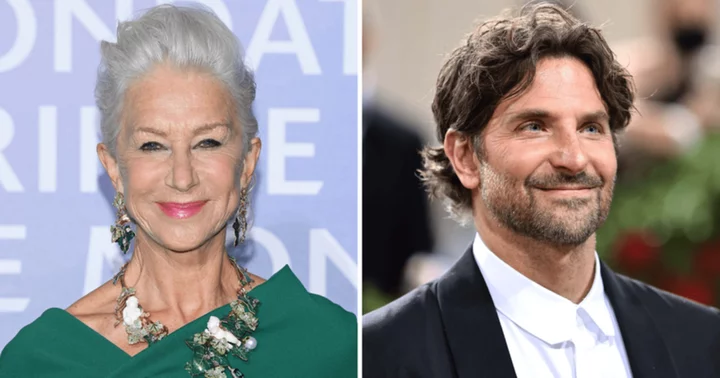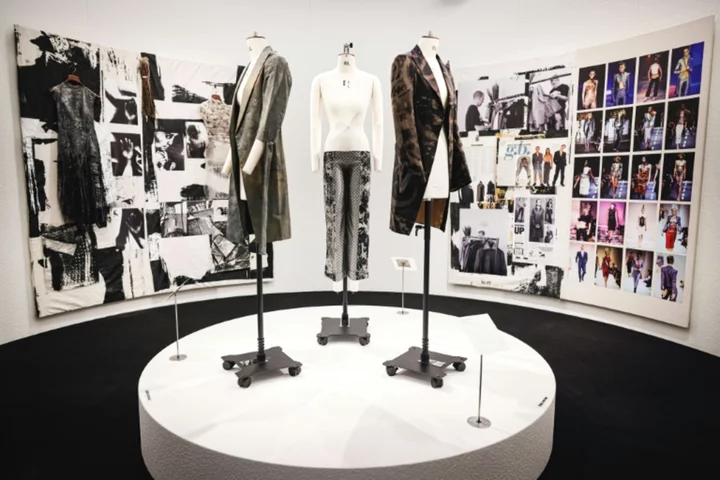Zara Larsson is not a fan of AI-generated music and the "lack of consent".
The Swedish pop star says the quality of the tracks made by artificial intelligence (AI) software so far hasn't been great, in her opinion, and she doesn't like the fact that anyone could use her vocals and train the AI to perform a song to her likeness without her permission and potentially make money from it and have a hit.
Zara, 25, is quoted by The Sun newspaper's Bizarre column as saying at Capital's Summertime with Barclaycard on Sunday (11.06.23): “As of now, it’s not up to the level of a real singer, but it’s probably only a matter of time.
“What I don’t like about it is the feeling of not being in control over your voice and the songs.
“If someone writes a song and puts my voice over it and it blows up, goes viral and becomes a hit, wow great.
"Even if they would give me a percentage, it would still be like, ‘But I didn’t consent to it’.
“What if I don’t even like the song and it’s my voice? It’s the lack of consent and not making the decision for yourself that I don’t like.
“Everybody has to be on board with it.”
By contrast, experimental artist Grimes is encouraging fans to create songs using her voice and has even created her own software, Elf.Tech, and all she asks is that she gets 50 per cent of the royalties.
The 35-year-old star - whose real name is Claire Elise Boucher - insists that if artists allow their voices to be used in AI projects, "beautiful things might come from it".
And she is of the belief that art shouldn't be owned by anyone, not even the creator.
She told DJ Jaguar on the 'UTOPIA Talks' podcast: "Copyright sucks. I don't think art belongs to anyone.
"Why shouldn't everyone be able to use your voice or whatever? Like it just seems cool and exciting and then beautiful things might come from it, when people like big artists do these writing camps, they search the world for the best people to come in and write and they spend all this money doing it, and it's like you could just not spend that money and just give your voice out to the public. And like, you'd be drawing from a much wider pool, you know, like the outcome the net outcomes of great art would be."









